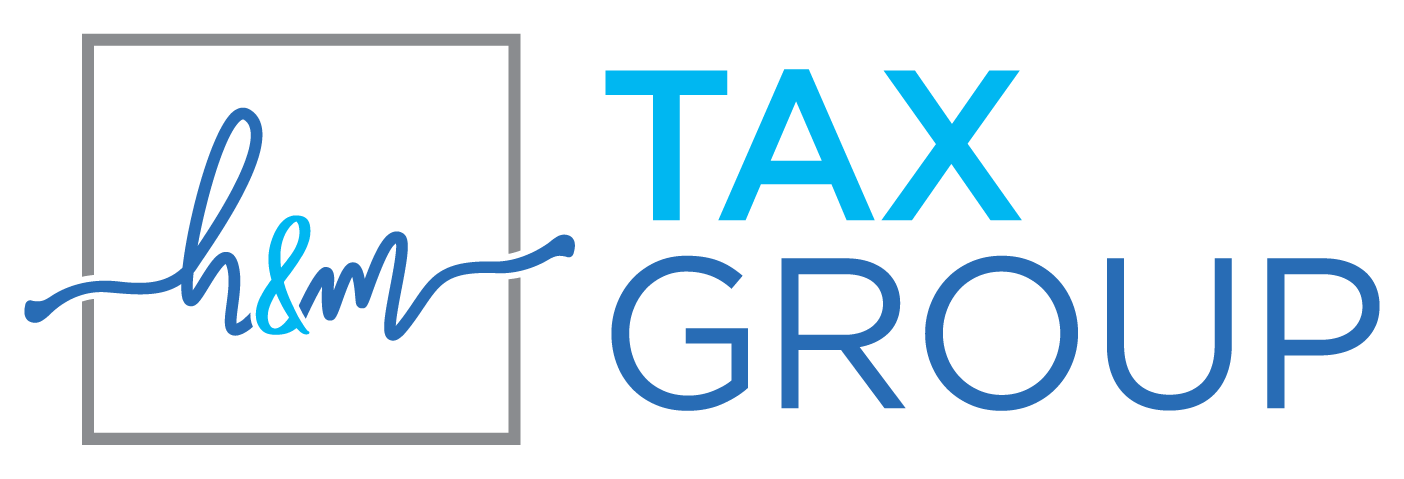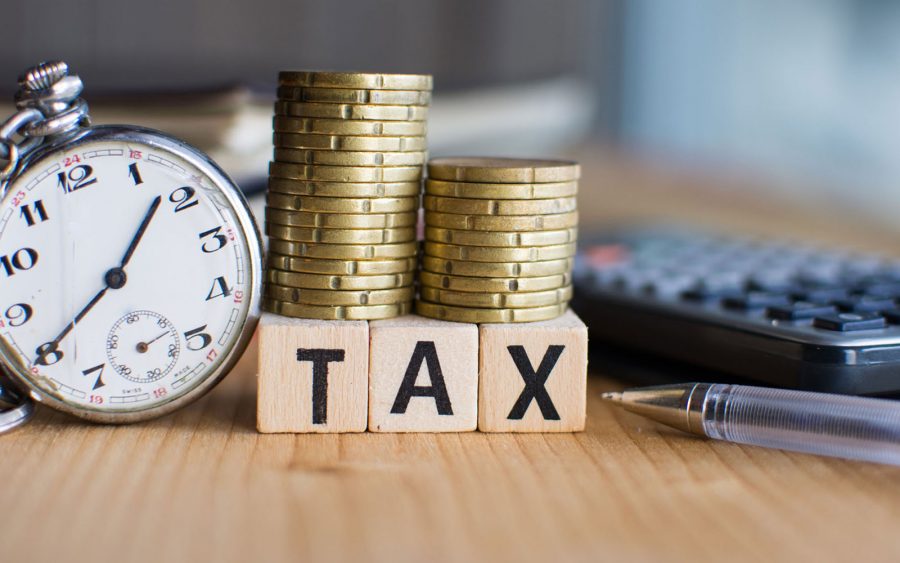There is no place where taxes are not applicable. When you buy groceries, put gas into your car, and even when you buy that morning coffee, you pay for them. However, what you may not know is that various forms of taxes are hidden in your daily purchasing options. The most prevalent ones that you come across are the sales tax and excise tax. They may appear identical, but they are fundamentally different. As a certified tax professional, I describe excise taxes to clients as a kind of invisible tax – you cannot see that you are paying them; you are not aware of the payment. That is why it is crucial to conduct proper tax planning. Whenever tax time is around the corner, it is important to know the distinction between the sales tax vs. excise tax so that you do not incur unnecessary costs.
What is a Sales Tax?
The most familiar tax is sales tax. It is the extra cost that is added to your bill when purchasing certain items in the store. Just consider it as the percentage added to the price of most things you buy.
When you go to the store and make a purchase, sales tax is charged and remitted to the state or local business authorities; however, the business itself does not retain the sales tax. Alternatively, they forward it to the state government. The store is behaving like a tax collector for the government.
You do have to pay sales tax on most items that you purchase, although there are some exceptions. Typically, sales tax is not applied to groceries, prescription medications, and other items (this varies by state).
What is Excise Tax, and where does it appear?
Excise tax is more underhanded than sales tax. Excise tax is also written into the price of some products in a way that sales tax is not, so you would not get to see it in your bill. It is already part of what you are paying, and you may not even realise that it is there.
Excise taxes are typically applied to certain products that the government wishes to discourage or regulate or to collect funds within a specific industry. Information on common items which have paid excise taxes is:
- Gas and fuel diesel oil
- Tobacco and cigarettes
- Alcoholic beverages
- Airline tickets
- Luxury cars
What Is the Difference Between an Excise Tax and a Sales Tax?
The primary distinctions of sales tax and excise tax are:
| Sales Tax | Exercise Tax |
| A sales tax is charged when making a purchase | The manufacturer or distributor typically pays the excise tax |
| Most purchases are made subject to sales tax. | Excise tax is applied to particular items. |
| Sales tax is normally indicated on your receipt | The excise tax is often not factored into the price. |
| The retailer pays sales tax. | Manufacturers or importers are likely to pay excise tax |
| The primary purpose of sales tax is to increase the amount of general revenue. | Excise tax is frequently used to deter behaviour or put users of a given service at the cost of the government. |
How to Identify Excise Taxes?
Who pays excise tax? Knowing the answer, the next concern is how to spot excise taxes, which may be difficult as they are often hidden from consumers. These are some of the ways to identify them:
- Review your tax receipts: Some excise levies are displayed separately, such as on airline tickets or hotel bills.
- Federal tax stamps: Products such as cigarettes, alcohol, and liquor are required to have special stamps that indicate the excise tax has been paid.
- Study individual goods: Say you wish to calculate the amount of excise tax you are paying on your gasoline, and you can access the federal and state tariffs on the internet.
- Question to your tax professional: If you are using a tax planning service, they can assist you in learning what excise taxes may be of concern to you in your business or personal affairs.
To businesses, monitoring excise taxes is more significant since they may be required to pay taxes to the government. At this point, professional outsourced tax handling services can be extremely useful.
What is the Purpose Behind the Excise Taxes?
Excise usage: Excise taxes have several uses:
- Financing of programs: The excise gasoline tax generates funds that can be used for the construction and maintenance of roads. Airline ticket tax is used to upgrade airports and airport traffic control.
- Preventing undesired activities: Cigarettes and alcohol are minimally taxed so that their consumption is discouraged.
- Luxury levies: Certain excise taxes are applied on high-end products, such as luxury automobiles or yachts.
- Environmental reasons: A few excise taxes cause individuals to make more pro-environmental decisions.
As a licensed CPA specialising in tax planning and compliance, the distinction between sales taxes and excise taxes is crucial for both businesses and consumers.
Conclusion
Learning to distinguish between sales tax and excise tax does not have to be rocket science. Sales tax is a tax applied when making a purchase, and excise tax is a tax integrated into a specific product. They have different ways of working, but both are used to fulfil the same purpose. Tax services provided by a professional can help you stay up to date, pay as little tax as possible, and work on what you are best at.
At H&M Tax Group, taxes can be daunting. This is why we are here to take you through sales as well as excise tax requirements without any issue. Our skilled staff provides comprehensive coverage in tax planning services and sales tax filing services to ensure you stay compliant and informed.


